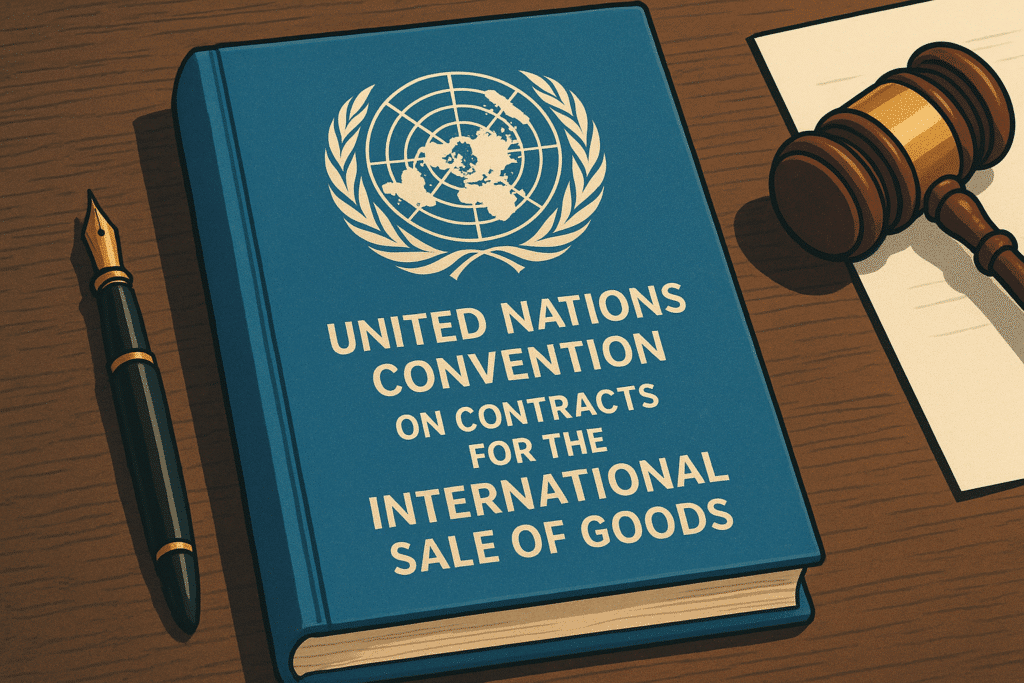Recent Developments Concerning the Hague Judgments Convention and COCA
Although the United States signed Hague Convention on Choice of Court Agreements (COCA) in 2009, it has yet to ratify it. In this post, I report on some recent developments that offer a basis for (cautious) optimism that the United States may soon take the necessary steps to ratify both COCA and the Hague Judgments…
Continue ReadingLiability Waivers and Statutory Interpretation
In 1936, Congress passed a law to prevent companies in the business of transporting people across the ocean from writing liability waivers into their contracts. That law, currently codified at 46 U.S.C. 30527(a), reads as follows: The owner, master, manager, or agent of a vessel transporting passengers between ports in the United States, or between…
Continue ReadingGreat Lakes in Action
On February 21, 2024, the U.S. Supreme Court decided Great Lakes Insurance SE v. Raiders Retreat Realty Co., LLC. Loyal readers will remember (see here and here and here and here) that this case presented the question of what test to apply to determine the enforceability of a choice-of-law clause governed by federal maritime law….
Continue ReadingChoice of Law and the CISG
Last week, I wrote about a New York case in which the court and the litigants failed to recognize the applicability of the United Nations Convention on Contracts for the International Sale of Goods (CISG). In today’s post, I discuss a case decided by a federal court in Rhode Island, Chilean Sea Bass Inc. v….
Continue ReadingOverlooking the CISG
The United Nations Convention on Contracts for the International Sale of Goods (CISG) entered into force in 1988. Its stated goal is to harmonize the law of sales across many different countries, thereby making it unnecessary for courts in these countries to perform a choice-of-law analysis when the dispute involves an international sales contract. The…
Continue ReadingMicrosoft’s Dispute Resolution Provisions Are (Still) a Mess
Exactly one year ago today, I authored a post titled “Microsoft’s Dispute Resolution Provisions Are a Mess.” In it, I argued that the “Jurisdiction and Governing Law” clause in the form purchase order used by Microsoft and its subsidiaries in 109 countries around the world was “incoherent.” My goal in writing the post was to…
Continue ReadingUnilateral Choice-of-Law Clauses
Over the past decade, so-called “unilateral” or “asymmetric” forum selection clauses have attracted a lot of attention. A unilateral forum selection clause does not name a court in which to resolve disputes at the time of signing. Instead, it gives one contracting party the right to unilaterally select a court after the dispute arises. In…
Continue ReadingAnti-Comity and N.Y. General Obligations Law 5-1401
Not many statutes can fairly be described as bruisers. Section 5-1401 of New York General Obligations Law is an exception. In the immortal words of The Bachelor: “Section 5-1401 didn’t come here to make friends.” The purpose of Section 5-1401 is to generate business for New York lawyers and maintain New York’s status as a…
Continue ReadingBread and Butter
There is a tendency when blogging to focus on cases that that are (1) important, (2) novel, (3) strange, or (4) wrong. These are the sorts of cases that most people—and, candidly, the TLB editors—find to be most interesting. (My colleague Bill Dodge may be an exception.) Every now and then, however, it is useful…
Continue ReadingThe Easy Way and the Hard Way
In the law, there are often two paths to a given destination. There is the easy way. And there is the hard way. In a recent New Jersey case involving a forum selection clause, the plaintiff was ultimately successful in defeating the defendant’s motion to dismiss. But man, oh man… did the plaintiff do it…
Continue Reading





